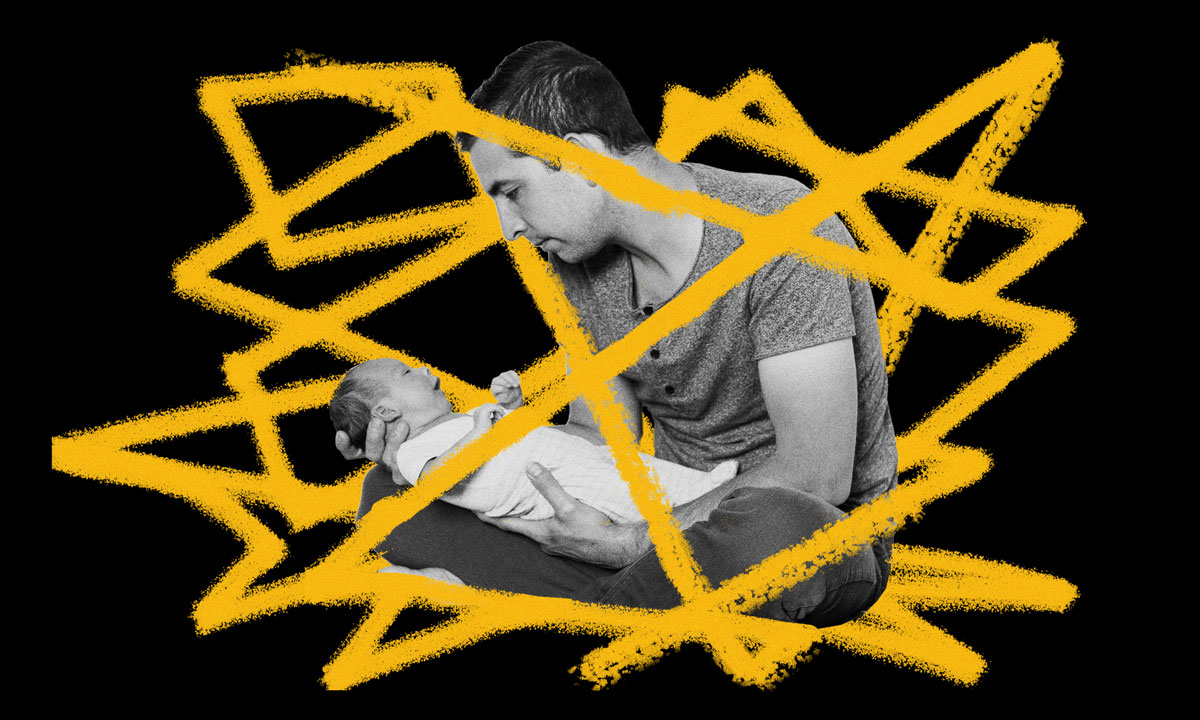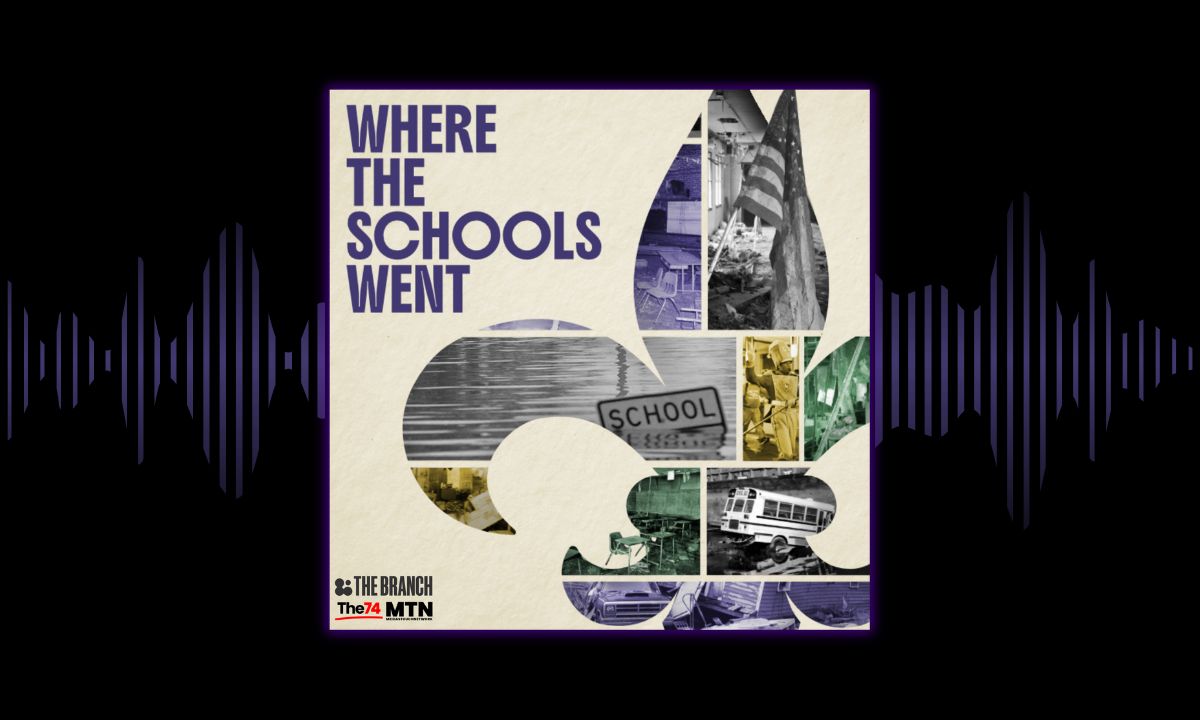Register right away.
Expectant mothers and fathers may experience anxiety during the transition to parenthood. According to new research, dads’ stress levels both before and after a kid is born may have an impact on the development of their offspring.
Paternal mental distress around the time of birth was linked to children’s poorer global, social-emotional, cognitive, linguistic, and physical development, according to a June meta-analysis of 84 studies published in the Journal of the American Medical Association (JAMA) Pediatrics.
The study’s senior author, Delyse Hutchinson, an associate professor in the psychology school at Deakin University in Victoria, Australia, stated that although studies on the relationship between mental health and parenthood have traditionally concentrated on mothers, this analysis aimed to investigate whether fathers’ mental health affects children’s development.
The results didn t surprise Hutchinson, she said. For many fathers, mental health is still stigmatized, and they frequently avoid discussing it in public, which may cause many men to be unaware that they are exhibiting symptoms of mental illness.
Families care about it. It is important for helping mothers and infants. Thus, it’s not shocking. It’s just the confirmation and the proof to show healthcare and policymakers that this is important. She went on, “We’re going to do more about this.”
Although most of the research looked at development prior to adolescence, the studies that were included of the study tracked the development of children from 0 to 18. According to Hutchinson, a child’s development is most affected during the postpartum phase, when fathers usually have more direct interaction with their infant.
Increasing understanding of what depression looks like for fathers, who frequently display different symptoms than women, was one of the study’s objectives. Men may become socially isolated or feel incapable of controlling their emotions. Hutchinson added that they might also burst into rage or tantrums.
Researchers discovered during the examination that a father’s mental health has a variety of effects on children, chief among them being the development of social-emotional abilities and emotional control. According to Hutchinson, children who grow up with a parent dealing with mental health conditions like depression may also struggle to control their emotions.
Hutchinson went on to say that if you’re feeling a little depressed and hopeless, you’re likely to be less sensitive to other people. If you’re feeling angry and upset, you’re also likely to react less sensitively to a baby or young child.
Children pick up on emotional cues. According to Hutchinson, a child may form an unstable attachment with their father if they witness him being angry or distressed. A youngster may become doubtful that their father can provide their emotional needs as a result of this.
According to Hutchinson, the majority of current research on the relationship between a parent’s mental health and their child’s development either looks at both parents or just the mother. This implies that when researchers examine the development results for children, mothers and fathers are classified together. In order to obtain unpublished data on dads’ mental health, lead researcher Genevieve Le Bas contacted numerous authors of the published studies during the meta-analysis.
Although a sizable amount of the data in this study comes from published research, Hutchinson said that in order to get information about dads that wasn’t explicitly included in previous studies, we frequently had to get in touch with the authors.
According to Hutchinson, the fact that fathers were either initially excluded from or included in data regarding mothers is indicative of broader problems in the field of study as well as parenting culture. Fathers are often marginalized in that culture and health services that could help them during parenthood are neglected.
However, dads’ parenting roles and the public’s understanding of their mental health are evolving. As a father and a researcher, Dr. Craig Garfield, a pediatrics professor at Northwestern University and a physician in practice at Lurie Children’s Hospital in Chicago, has personally witnessed the transformation. When Garfield took a year off to take care of his 18-month-old son, he felt very lonely. He remembered being the only dad in the neighborhood mom-and-tot courses and on the playground. Soon after, he changed the focus of his research from childhood injury prevention to fathers’ roles in families.
According to Garfield, medical journal reviewers have long doubted that fathers can suffer from postpartum depression. He encountered resistance during the peer review process when he and his colleagues worked on a paper in 2002 about how doctors may help fathers and suggested screening fathers for depression after their wife gave birth.
As the critic put it, “There is no such thing as this.” He remarked, “You can’t just make it up and start recommending screening dads.” And that is true to some degree. We all knew from clinical experience that there were dads who were depressed, but there wasn’t much in the literature. According to Garfield, he was only able to incorporate peer-reviewed data on paternal mental health into his published research papers approximately ten years ago.
According to Garfield, there are misconceptions and cultural standards that work against fathers, but it’s important to acknowledge that paternal mental health impacts families on a daily basis and to take action.
Addressing Mental Health for Fathers
Numerous initiatives are in progress to address some of the results revealed by the growing corpus of research on dads’ mental health.men who deal with postpartum depression are frequently viewed with suspicion, according to Kevin Seldon, who oversees Dads Supporting Dads, a network of organizations that support men under the nonprofit All Parents Welcome. Seldon and his wife spent years trying to have a baby. His wife required an oxygen mask at the birth of their son, and the infant was born blue. (Seldon’s wife and kid, who is now six years old, are in good health.)
People would say, “You didn’t give birth,” if I attempted to address the extremely stressful situation. However, trauma is not exclusive, Seldon stated. By the time we came home, I didn’t recognize myself in the mirror after five years of hardship and the extremely traumatic birth.
Dads Supporting Dads grew out of a podcast Seldon launched when he found himself feeling isolated after the birth of his son. Through his show , Seldon and other fathers were able to talk about their feelings after the birth of their children.
I believe my wife was a member of all these parents’ groups. Seldon remarked, “But I couldn’t find any support.” I came to see how many others were going through difficult times, and I was by no means alone. He also sought support through talk therapy, which helped him realize that his feelings would not necessarily go away a few years after birth, that his depression was not unusual, and that what he was going through wasn’t a depressive episode.
Seldon began organizing in-person events for local fathers and a WhatsApp community where fathers could interact nationwide as the podcast gained popularity and he recognized the need for that connection.
Researchers are calling on lawmakers to implement more comprehensive paid leave and physical and mental health assessments for fathers while community organizations and nonprofits seek to link fathers. Garfield thinks paternity leave could help fathers better raise their children, despite society’s long-standing pressure on fathers to return to work as soon as possible in order to receive a paycheck.
I took care of a family in the NICU this weekend where the baby was two days old in the NICU and dad s back at work, Garfield said. Working toward paid leave for fathers and mothers is one of the most crucial things we can do.










